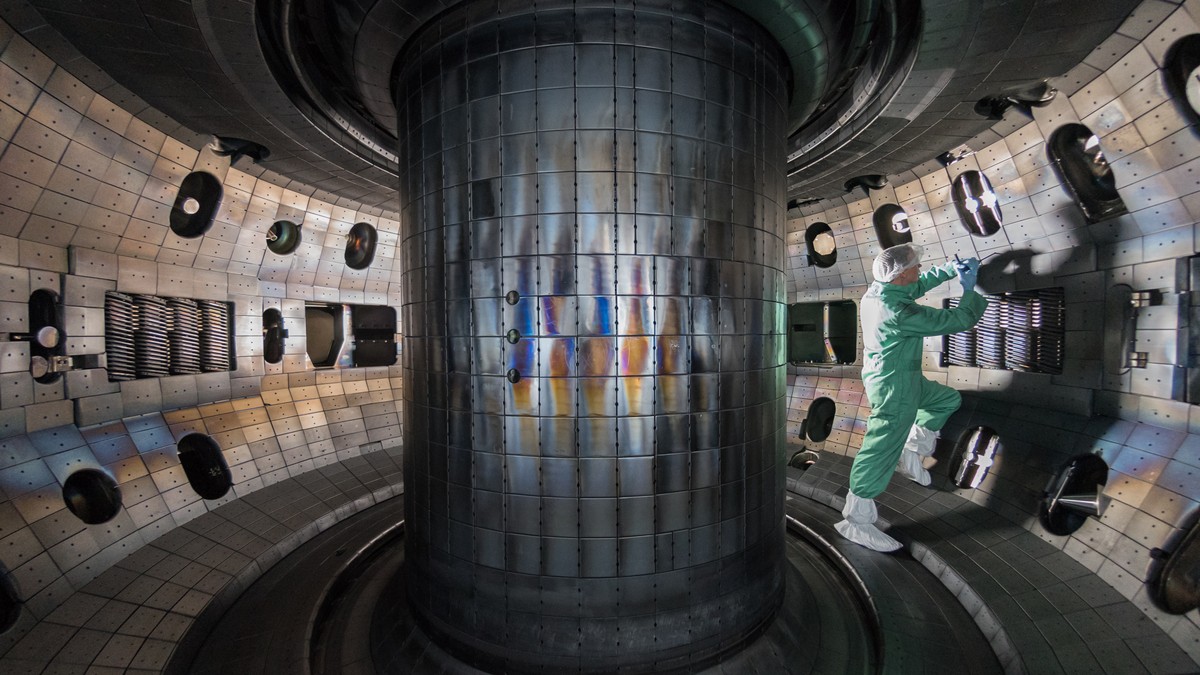Scientists at Princeton University have developed an AI model that can predict and prevent plasma instabilities, a major hurdle in achieving practical fusion energy.
Key points:
- Problem: Plasma escaping containment in donut-shaped tokamak reactors disrupts fusion reactions and damages equipment.
- Solution: AI model predicts instabilities 300 milliseconds before they happen, allowing for adjustments to keep plasma contained.
- Significance: This is the first time AI has been used to proactively prevent tearing instabilities in fusion experiments.
- Future: Researchers hope to refine the model for other reactors and optimize fusion reactions.



Setting aside the matter of “AI”, this is a fusion reactor, not fission, so there’s no scenario in which this can possibly cause an explosion. The absolute worst case scenario is that containment fails and the plasma melts and destroys the electromagnets and superconductors of the containment vessel before dissipating. It would be a very expensive mistake to repair and the reactor would be out of commission until it was fixed, but in terms of danger to anyone not literally standing right next to the reactor there is none. Even someone standing next to the reactor would probably be in more danger from the EM fields of a correctly functioning reactor than they would be from the plasma of a failed one.